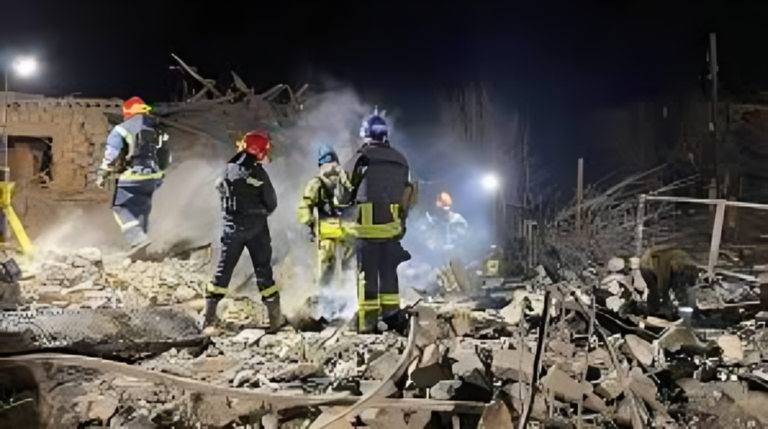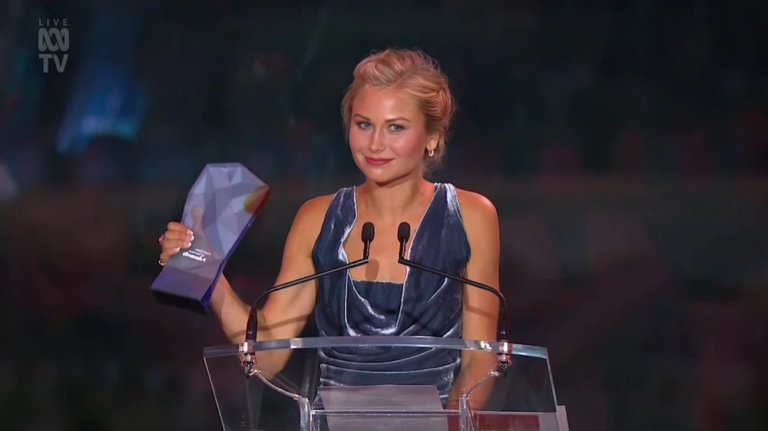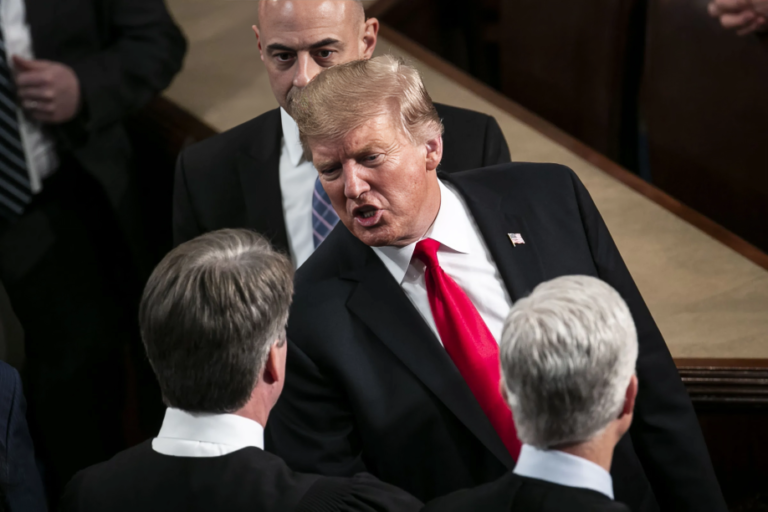At the World Economic Forum in Davos, a panel of experts underscored the essential role of political will in closing the global gender gap and safeguarding women against pressing challenges. While acknowledging progress—such as the fact that 15.5 percent of heads of state worldwide have been women over the last decade—panelists emphasized the need for more concerted efforts to enhance female political representation.
According to the World Economic Forum’s Global Gender Gap Report, achieving gender parity could take 168 years at the current pace. However, if every economy established a gender-balanced Cabinet, this goal could be realized in just 54 years.
Alicia Barcena Ibarra, Mexico’s secretary of environment and natural resources, highlighted that economic autonomy for women is crucial for increasing their political presence. “When women have economic autonomy, it’s easier for them to participate on many fronts,” she explained. Dependency often makes women vulnerable to corruption and abuse, underscoring the importance of financial independence.
Mexico recently made headlines with the election of its first female president, Claudia Sheinbaum, a historic milestone that mandates Congress to include 50 percent women. This change paves the way for women to lead key institutions, such as the country’s Supreme Court and central bank. However, Ibarra pointed out that this progress also places immense pressure on women to deliver results.
Francois Valerian, chair of Transparency International, added that the financial disparity between men and women further exacerbates vulnerabilities. He pointed to the recent floods in Pakistan, which left many women and children in dire need of assistance, advocating for balanced political power to address such community issues effectively.
During elections, women often face significant financial barriers. “They have less money, are seen as outsiders, and must earn trust,” Valerian noted. He called on governments to allocate funds to empower women candidates, ensuring their safety and campaign viability.
Therese Kayikwamba Wagner, minister of state and foreign affairs for the Democratic Republic of the Congo, stressed the necessity of gender parity across all sectors to enhance peacebuilding efforts. While grassroots inclusion has made strides, she argued that women must also be part of top-level decision-making to ensure their concerns are adequately represented.
Wagner lamented that at the UN General Assembly last year, only 19 speakers were women, including five heads of state. She advocated for a female UN secretary-general, asserting that international organizations should reflect progress in gender equality.
“I think all our eyes are shifting toward Latin America,” she remarked, citing the continent’s notable female leadership as a beacon of hope for achieving gender parity.
In the realm of peacebuilding, the collaboration of both genders is vital. “We don’t want only women or only men. We need both because they have complementary visions,” Ibarra concluded, emphasizing the collaborative approach necessary for meaningful progress.











+ There are no comments
Add yours